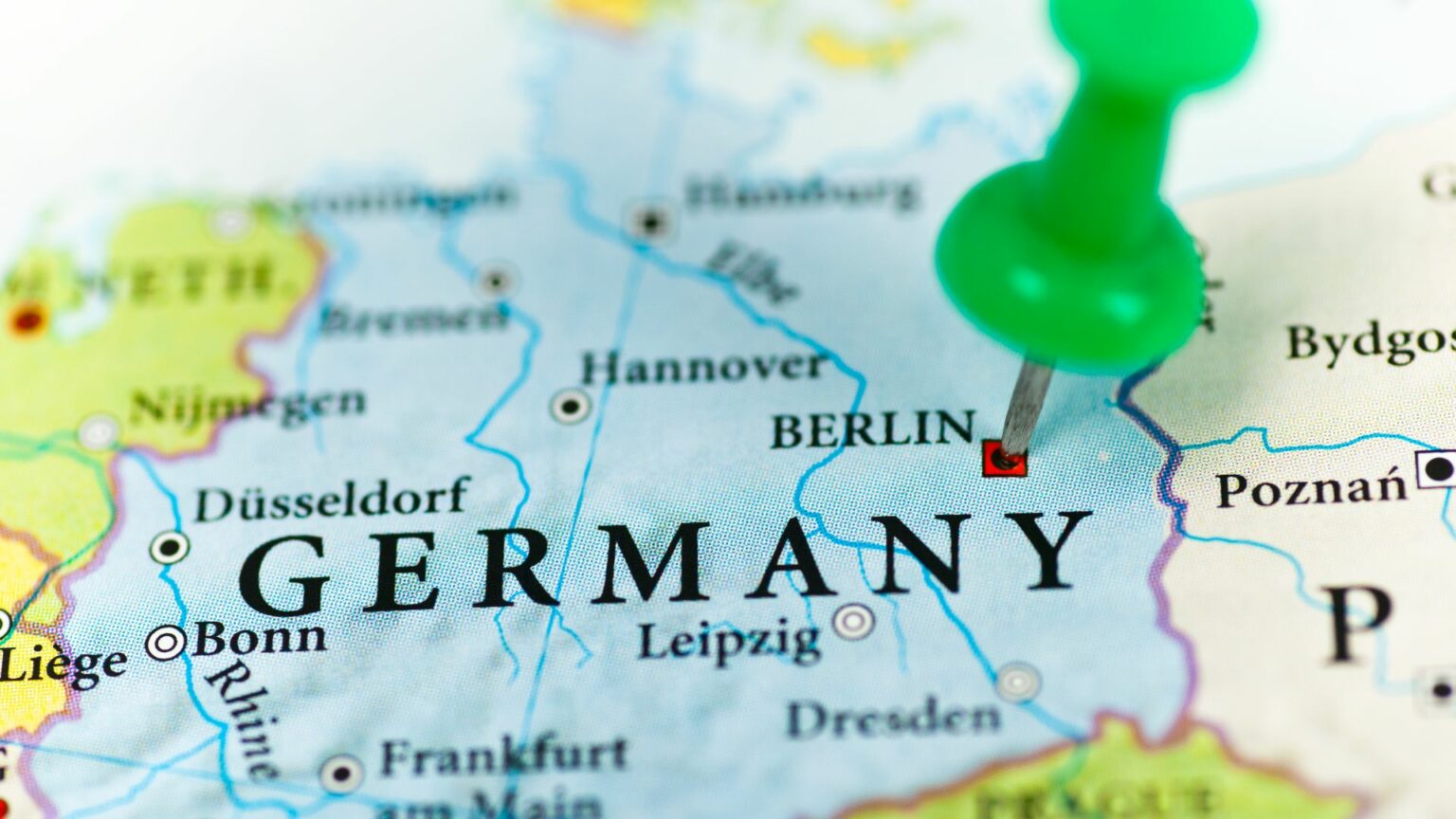The ambitious vision of establishing Germany as a leader in the global hydrogen economy is facing significant challenges, as revealed by the latest H2-Bilanz report released by E.ON.
While the planning phase has seen a notable increase in projected electrolysis capacity, the gap between proposed projects and actual investments remains substantial, casting doubt on the country’s ability to meet its targets for hydrogen production by 2030.
The H2-Bilanz report highlights a discrepancy between the theoretical aspirations outlined in hydrogen generation capacity planning and the tangible progress in project execution. Despite a rise in planned capacity from 8.7 to 10.1 gigawatts by 2030, only a fraction of announced projects have secured final investment decisions. Out of 88 proposed initiatives, only 16 have received the green light, representing a mere three percent of the intended electrolysis capacity.
E.ON identifies several barriers hindering investment decisions in hydrogen infrastructure projects. Despite increased legal certainty following the EU Delegated Acts, challenges persist regarding the certification and crediting of renewable hydrogen. Funding gaps, stringent conditions, and delayed commitments further deter potential investors. Moreover, deficiencies in transportation and storage infrastructure pose additional hurdles to scalability and implementation.
While recent agreements on hydrogen core network financing offer some reassurance, the pace of infrastructure development remains sluggish. The slight increase in planned pipeline length from 5,708 to 6,207 kilometers underscores the need for accelerated expansion efforts. Rapid implementation of the Hydrogen Acceleration Act could streamline planning and approval procedures, expediting infrastructure deployment.
A new addition to the H2-Bilanz, the “Regulatory milestones” section, tracks the adoption of framework conditions, shedding light on policy decisions’ impact on data development. Understanding the interplay between regulatory developments and project outcomes is crucial for fostering an enabling environment for hydrogen initiatives.
To catalyze the hydrogen ramp-up, E.ON advocates for leveraging system-supporting electrolyzers as a strategic intervention. These devices offer multifaceted benefits, including alleviating power grid constraints, facilitating decentralized hydrogen production, and stimulating domestic market growth. E.ON’s collaboration with Thüga and the EWI aims to identify viable locations for system-serving electrolysis projects, with findings expected in the summer.
